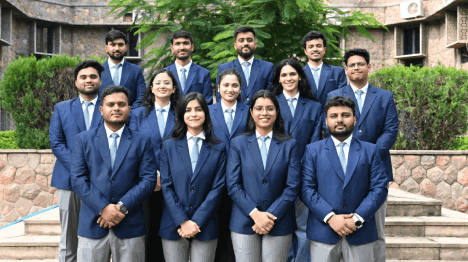The course is designed to cater to the needs of a rapidly transforming India, where developmental challenges are not limit to rural areas infact, the rural-urban continuum has made it virtually impossible to, speak for rural or urban spaces in isolation. This program aims at preparing professionals for a challenging career in sectors like public, private, NGOs, Corporate Social Responsibility (CSR), national and multinational organizations, that are committed to erase rural-urban inequities by promoting "urban" infrastructure and amenities that emphasize a growing confluence of cities and the countryside. Hence, the program outcomes (POs) for MBA-Rural Management two years’ full-time course are as follows:
- Impart strong conceptual and an analytical framework on rural development issues in the students.
- Opportunity to work in rural enterprises in form of policy makers, managers, analysts, and consultants for hands on training on operational and program efficiency
- Increasing demands of national and international development organizations
- Commitment to work in rural areas as it requires resilience, perseverance, emotional, social intelligence and courage of conviction.




